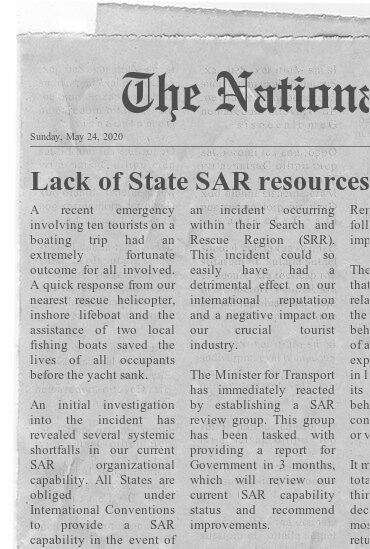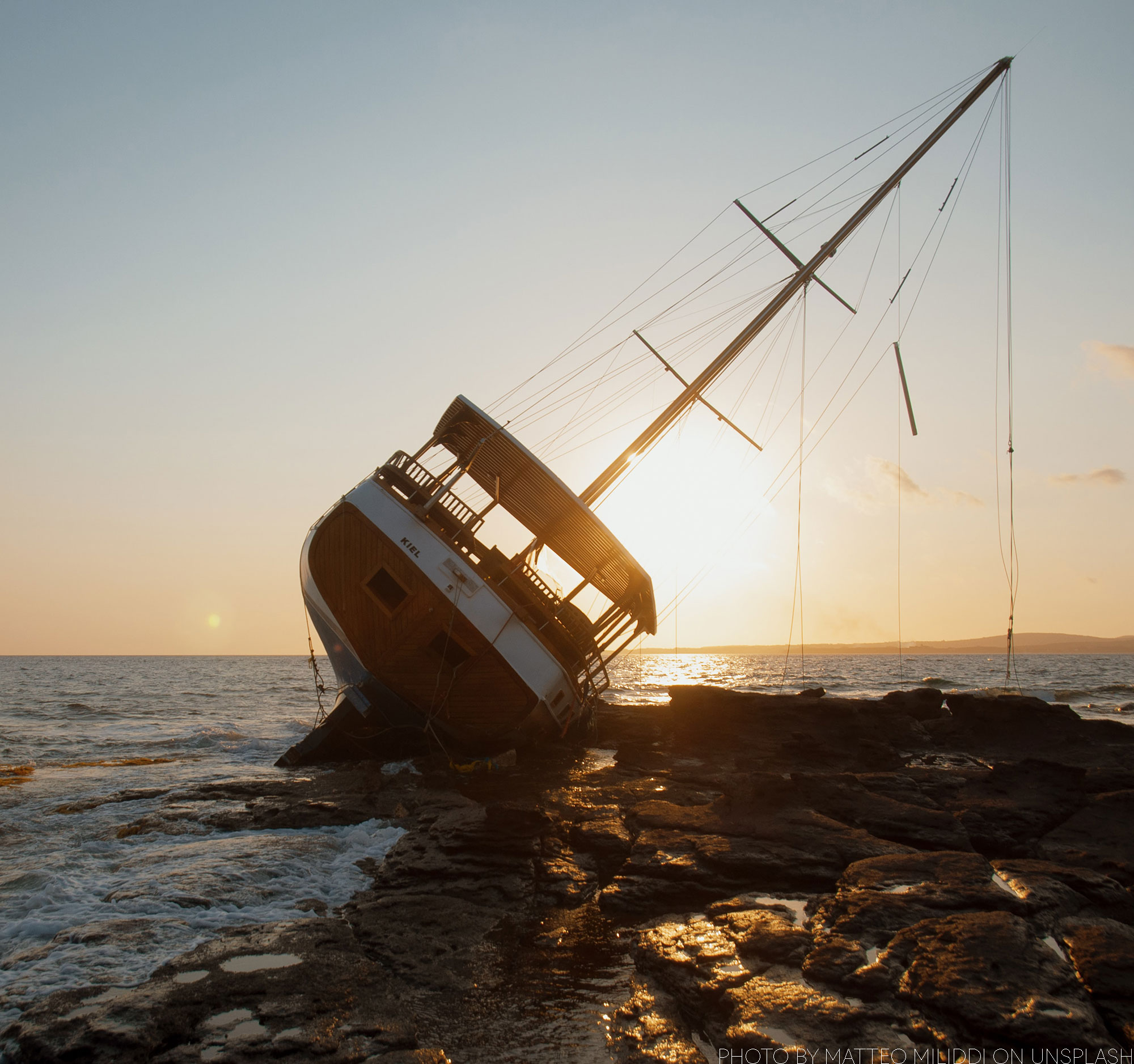
Case Studies
Case Study 01: State Search and Rescue System Review

How can Search and Rescue International help?
A Government department responsible for exercising a State’s SAR obligations may not have access to suitably qualified and experienced personnel who can conduct an independent review of its National SAR system and capabilities. Search and Rescue International can provide independent and experienced specialist SAR consultants to manage and facilitate the appropriate insight, data gathering and analysis, generating a package of options and recommended solutions tailor-made to fit your specific SAR environment.
We have access to a range of expert consultants from the maritime and aviation SAR domains, representing a wide spectrum of SAR experience from full-time staff to associate consultants who support us on specific projects.
Depending on the project requirements, we will tailor a solution to your specific needs. The following is a broad outline of how we can support a State SAR System Review:
1. Scope
- Benchmark the State’s current SAR capability against IAMSAR Manual requirements
- Review the structure and content of the National SAR Plan and State Safety Programme
- Complete an IAMSAR Vol 1 Appendix H National search and rescue system assessment, tailored to the specific environment.
- In collaboration with local officials and experts, construct a robust plan to achieve a compliant level of SAR system capability
2. Deliverables
- Produce a SAR status report with options and recommendations for future improvement action
- Assist in updating and/or developing the National SAR Plan, along with any other relevant regional, national and international SAR legislation or guidance material.
3. Strategy for Review
3.1 Remote Review and Gap Analysis
- Current National SAR Plan and MOU’s or agreements with SAR stakeholders and neighbouring States
- General overview of compliance with the following international Conventions in relation to maritime and aeronautical SAR:
- Convention on the High Seas (1958)
- Convention on the Law of the Sea (UNCLOS) (1982)
- Convention on Safety of Life at Sea (SOLAS) (1974)
- International Convention on Maritime Search and Rescue (1979)
- Convention on International Civil Aviation (Chicago 1944) (Annex 12)
[‘Land SAR’ does not have associated international conventions. Normally, there is an obligation on Police Services to protect life and property and the provision of ‘Land SAR’ services typically follows on from this requirement.]
- IAMSAR Manuals (including Appendix H to assess current SAR capability)
- Existing SAR oversight structure – maritime and aeronautical
- Mechanisms for engaging SAR stakeholders that make up the ‘Total SAR System’
- Relevant State legislative and regulatory framework
3.2 On-site Review
- On-site meetings with Senior SAR operations and policy officials (including Govt. Departments/Emergency Services/Volunteer groups)
- Identification of specific local/regional circumstances and challenges in meeting International obligations
- On-site meeting with existing SAR oversight providers – maritime and aeronautical
- On-site meeting with SAR stakeholders
- Review use of technology and potential innovative solutions
- Propose options and recommendations to address challenges
- Produce action plan and achievable timelines
Summary
Search and Rescue can be a demanding and resource-intensive activity. States are under both formal international obligation and public expectation to commit best efforts to an effective national SAR system. Any failure to maintain high standards of SAR delivery could result in human loss, reputational damage and potential legal exposure. To help mitigate these risks, we can assist in assessing Nations’ current SAR capability and compliance, analysing any gaps or shortfalls, and devising tailored strategies for improvement. Our experience and expertise stand ready to assist you.
